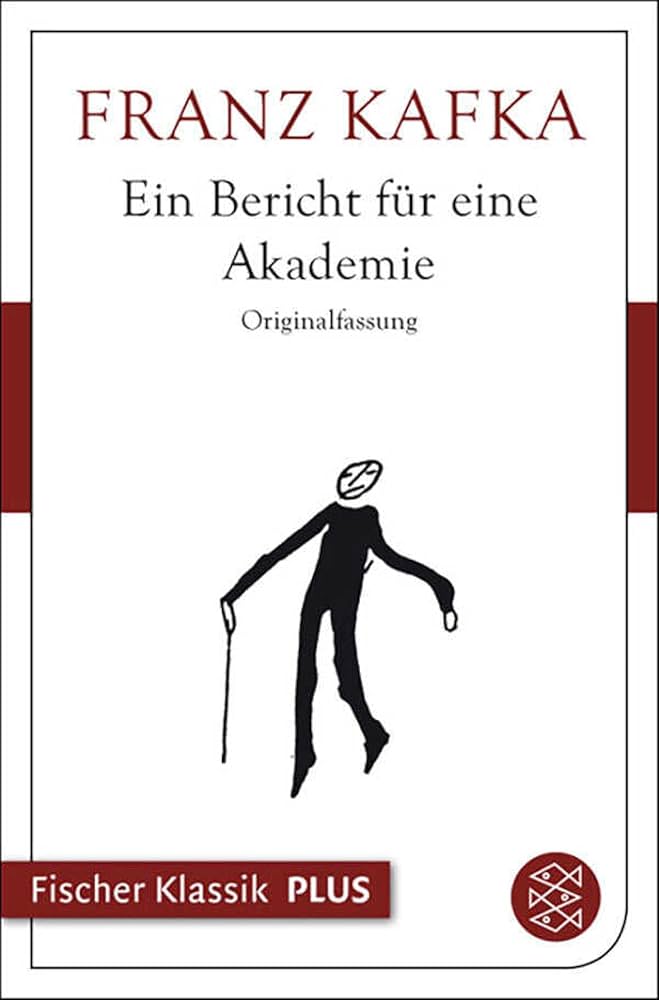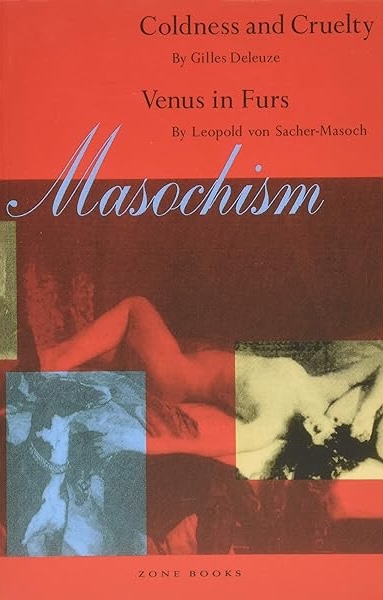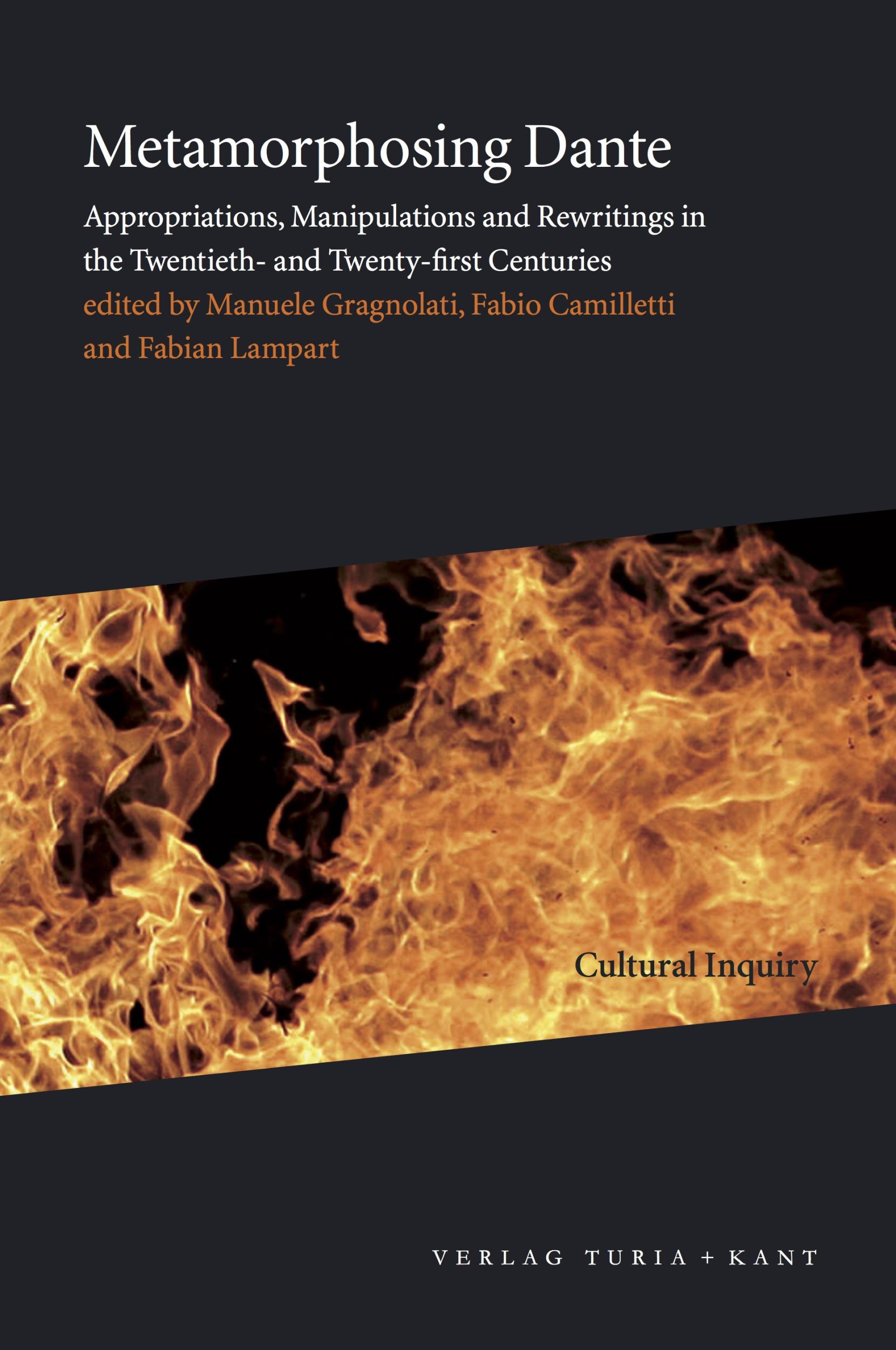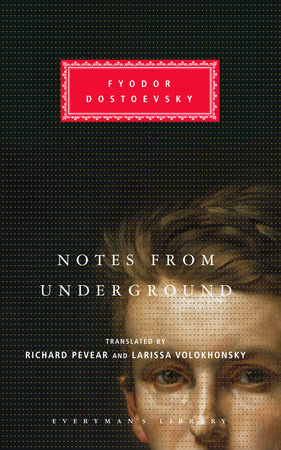Join us this quarter for our exciting Winter 2026 Programming!
Weekly Writing Group: Snacks, coffee, and companionship! Join us to get some writing done, do your readings, or answer annoying emails on Tuesdays from 11-2, in the 6th Floor Phelps Grad Lounge!
Winter Research Roundtable: Present on works-in-progress or short papers to win a $500 travel grant, receive feedback, and enjoy refreshments with friends on March 5th at 5:00 in Room 6206 C, Phelps Hall. See "Roundtables" tab above for more details!
Op-Eds and Public Writing Panel: Casual panel on public writing with experienced peers and faculty! Discuss the role of graduate students in public discourse, art, and politics outside of the institution! Date and time to be announced.
Spanish Language Literature Group: Students across displinces are invited to explore selected readings together in this casual reading group. Reading and discussions in Spanish. Email nadiaescalante@ucsb.edu if you're interested in joining! Last week of every month, flexible scheduling.
Prospectus and Dissertation Workshop: Present on dissertation chapters or your prospectus to celebrate your achievements, receive feedback, and enjoy refreshments with friends on March 12th at 5:00 in Room 6206 C, Phelps Hall. See "Rountables" tab above for more details!


 https://gclr.complit.ucsb.edu/apply/harvard
https://gclr.complit.ucsb.edu/apply/harvard



